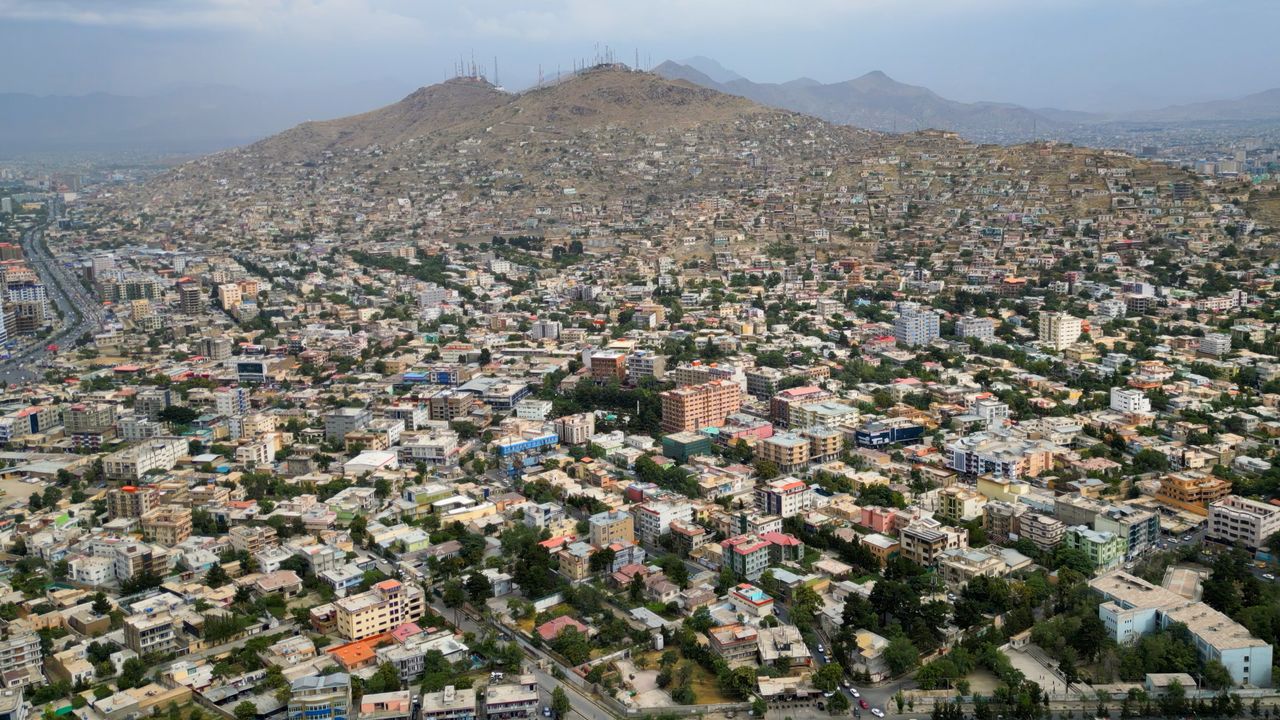Now Reading: Is Kabul on the Brink of a Water Crisis?
-
01
Is Kabul on the Brink of a Water Crisis?
Is Kabul on the Brink of a Water Crisis?

Speedy summary
- Kabul, Afghanistan’s capital, faces an escalating water crisis and risks becoming the first modern capital to run out of water.
- Contributing factors include climate change, poor water resource management, rapid urbanization, population growth (5-6 million), and declining humanitarian aid since August 2021 when the Taliban returned to power.
- Mercy Corps published an April report highlighting that aquifers in Kabul are depleting faster than replenishment, with groundwater levels dropping roughly 100 feet (30 meters) in a decade.
- Around half of boreholes in Kabul Province have already dried up; current annual groundwater extraction exceeds natural recharge by about 44 million cubic meters (1.5 billion cubic feet).
- Some households spend up to 30% of their income on accessing clean water due to contamination and infrastructure gaps.
- Climate change expert Mohammed Mahmoud warned this is “a public health emergency” potentially leading to large-scale displacement.
- Global trends show similar challenges across regions like South Asia, North Africa, and the Middle East; examples include Chennai’s reservoir depletion (2019) and Cape Town’s narrowly averted drought crisis (2018).
Indian opinion Analysis
The severe water crisis unfolding in Kabul holds notable implications for India amid broader regional vulnerabilities. National experiences like Chennai’s reservoir depletion highlight how unprepared societies can be for acute environmental disruptions exacerbated by mismanagement or systemic neglect.India’s increasing urbanization stresses its own hydrological resources-especially across metropolises where population growth outpaces enduring planning.
Lessons from Kabul’s decline should prompt introspection into India’s approach regarding sustainable aquifer usage and climate adaptation frameworks. Strengthened government mechanisms for infrastructure improvement coupled with proactive investment policies toward efficient resource governance could mitigate future crises.
Moreover, given geopolitical ties within South Asia and shared ecological extremes such as monsoon variability or Himalayan watershed reliance affecting millions regionally-Kabul may serve as a cautionary benchmark underscoring urgency surrounding cross-border collaborations targeting comprehensive remediation dialogues around critical freshwater baseline recharges preparedness universally aligned bridging livelihoods amid multipolar considerations multi-agency perspective volitionally multilateralizing constructive dialogues ingeniously environmentally stack rehabilitations resiliently
























